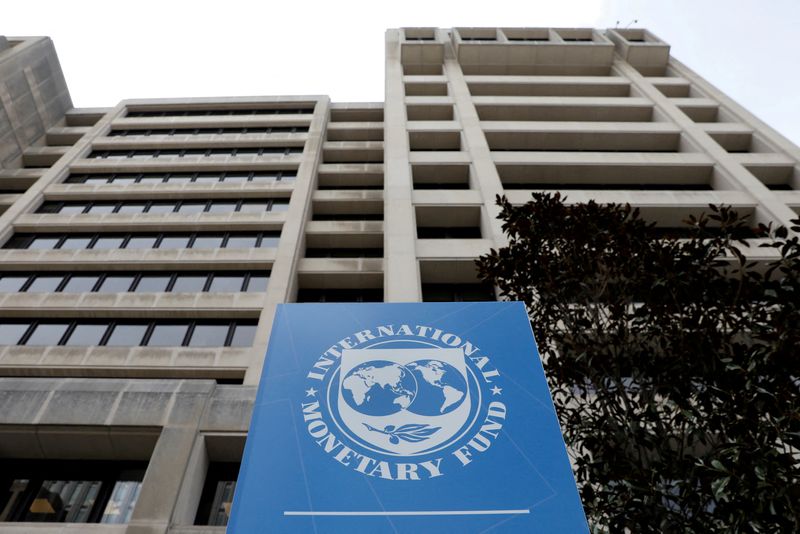(Reuters) -Pakistan's Prime Minister Shehbaz Sharif welcomed the International Monetary Fund's decision to approve a $7 billion funding agreement for the country, his office said on Wednesday.
Islamabad had been working on implementing conditions that Sharif had previously called "strict" from the IMF to complete the 37-month loan programme agreed to in July, which the country hopes will be its last.
The IMF said the new program will require "sound policies and reforms" to strengthen macroeconomic stability and address structural challenges alongside "continued strong financial support from Pakistan’s development and bilateral partners."
An immediate disbursement of about $1 billion will take place.
Sharif, on the sidelines of the United Nations General Assembly, told Pakistani media this week that Pakistan had fulfilled all of the lender's conditions, with help from China and Saudi Arabia.
"Without their support, this would not have been possible," he said, without elaborating on what assistance Beijing and Riyadh had provided to get the deal over the line.
Rollovers or disbursements of loans from Pakistan's long-time allies, in addition to financing from the IMF, have helped the country meet its external financing needs in the past.
The government had also vowed to increase its tax intake, in line with IMF requirements, despite protests in recent months by retailers and some opposition parties over the new tax scheme and high electricity rates.
Pakistan has been struggling with boom-and-bust economic cycles for decades, leading to 22 IMF bailouts since 1958. Currently the country is the IMF's fifth-largest debtor, owing the Fund $6.28 billion as of July 11, according to the lender's data.

The latest economic crisis has been the most prolonged and has seen Pakistan facing its highest-ever inflation, pushing the country to the brink of a sovereign default last summer before an IMF bailout.
Inflation has since eased and credit ratings agency Moody's (NYSE:MCO) has upgraded Pakistan's local and foreign currency issuer and senior unsecured debt ratings to 'Caa2' from 'Caa3', citing improving macroeconomic conditions and moderately better government liquidity and external positions.